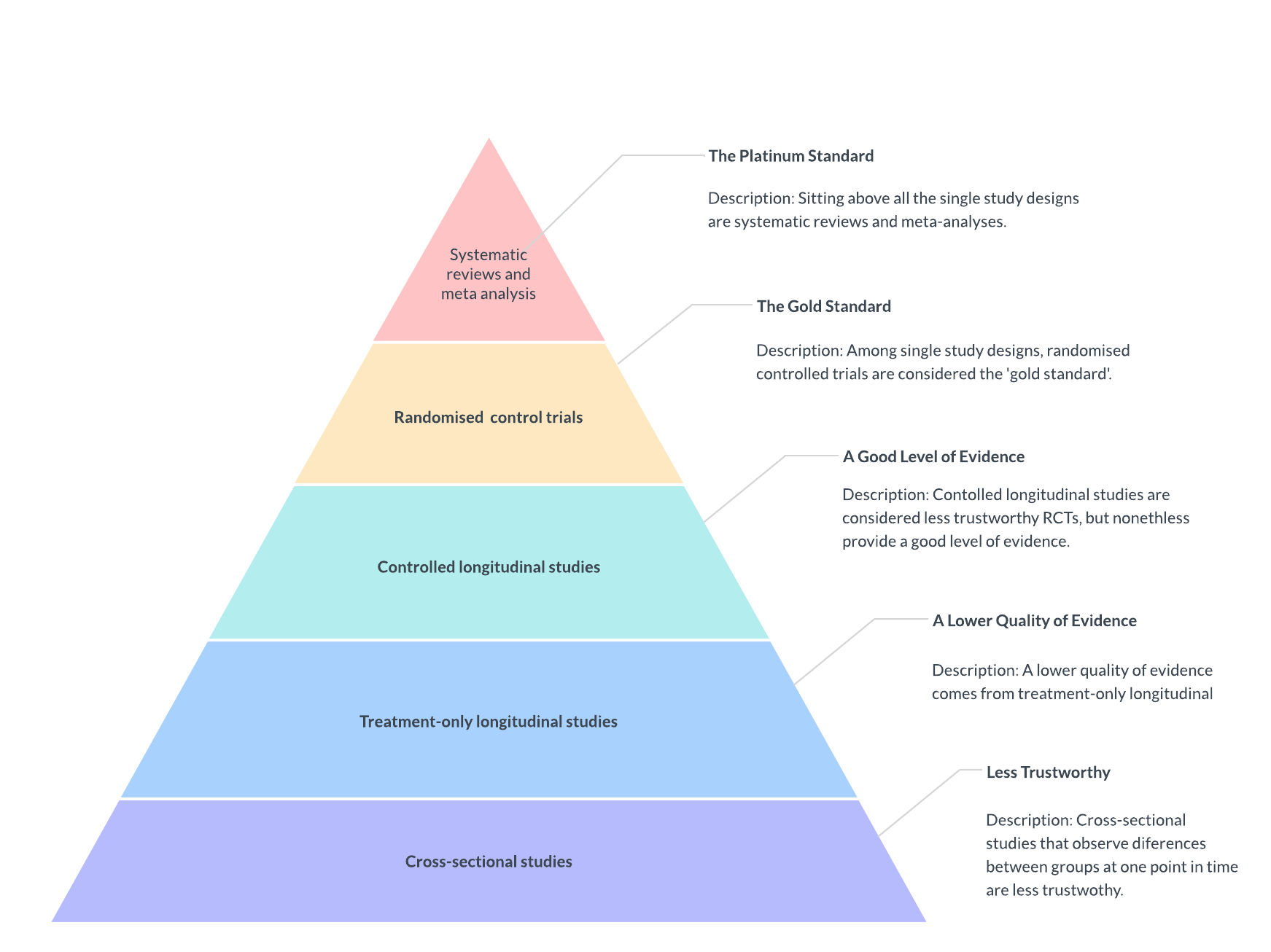Explaining Evidence-Based Practice in People Management
The academic literature on evidence-based practice is seemingly split into two distinct yet important themes of research. These themes are 1) real-world studies that apply evidence-based methods and 2) what we will call the theory and critique of evidence-based knowledge, and management, indeed as their own nascent domains. As we will now come to see, and as Barends, Rousseau, and Briner (2014) explain, the fundamentals
of evidence-based practice can be simply described as the “conscientious”, “explicit”
and “judicious” use of the best available evidence from multiple sources by Asking,
Acquiring, Appraising, Aggregating, Applying, and Assessing to increase the
likelihood of what Briner (2019) calls a "favourable outcome".
The six A's he cites can be elaborated as follows:
- Asking: involves converting real-world circumstances
into answerable questions
- Acquiring: involves systematically gathering evidence
to answer such questions
- Appraising: involves thinking critically about the
trustworthiness of the evidence
- Aggregating: involves pulling together the best bits from
each source of data
- Applying: involves deriving a decision-making process
using the evidence selected
- Assessing: involves evaluating the outcome of the
decision taken
Source: Briner (2019)
There are generally also 4 types of evidence:
|
Figure 1.1: Types of Evidence
|
|
Scientific
|
Organisational
|
Experiential
|
Stakeholder
|
|
The findings of published academic
research
|
Data we own ourselves as an organisation
|
Evidence generated through experience (with
practitioners)
|
Valuable inputs and concerns from stakeholder groups
|
Source: Barends, Rousseau and Briner (2014)
1.2: The Hierarchy of
Evidence

Source:
Gifford (2016)
Carol Gill's Critique of Evidence-Based Practice in Human Resource Management (HRM)
We already know that evidence-based practice in HRM is a contested territory, but the question is, do HR practitioners and academics alike understand why there is this contested arena?
Gill (2018:103) suggests three perspectives for understanding
this question.
The first perspective is what Gill calls a lack of awareness of such a duality. In
essence, here, Gill describes a situation where there are “sides” who “care” or
in this case, who may not care, about the interests of the other. Gill
illustrates this through evidence-based practices such as high-performance work. Generally speaking, in the view
of Gill, the two “sides” are pitted against one another. Here, HRM ultimately
to its own detriment, suffers from an awareness deficit that engulfs the empirical
research side and the real-world practice side, respectively.
Practitioners are labeled “Machiavellian” in their intent to
avoid research, which leads to the second perspective: a lack of belief from
both sides or what Gill calls a “knowing and belief gap”. Gill (2018:112) states
using the research content on university courses as an example, that
evidence-based practice is often vacuous once students depart from university
courses in HRM, which leaves practitioners vulnerable to “unreliable” sources
of information further permeated by a great divide between these two respective
“sides” (academics and practitioners). Gill then reiterates in proposition 1a that
precariously unfavourable “attitudes” are formed from managerial beliefs about a
lack of evidence-based knowledge.
The third perspective that defines Gill’s critique of
evidence-based practice is what, in the backdrop of a decline in managerialism,
is known through her paper as a lack of implementation. Throughout the paper,
the author proposes an abbreviation known as “HPWP” otherwise known as ‘high-performance work practices. These work practices are what the Institute of
Directors (2023) in a recent article published in August concedes can be a “challenging
and complex process” to implement. Gill’s findings are that lack of
implementation occurs once again because of a lack of belief
in the link between investment in human resources and “financial performance”. Here,
evidence-based knowledge must compete with what one paper interprets as its
role as the organisation’s “handmaiden of efficiency”.
References
1. Barens, E. Rousseau, D.M.
and Briner, R.B. (2014) ‘Evidence-Based Management: The Basic Principles’,
Amsterdam: Centre for Evidence-Based Management – Available at https://cebma.org/assets/Uploads/Evidence-Based-Practice-The-Basic-Principles.pdf
(Accessed 24 November 2023)
2. Briner, R.B. (2019) ‘The
Basics of Evidence-Based Practice‘, Society for Human Resource Management (SHRM) - Available at: https://www.shrm.org/executive/resources/people-strategy-journal/winter2019/pages/ebp-briner.aspx
(Accessed on 24 November 2023)
3. Gifford, J. (2016) “In
search of the best available evidence”, CIPD positioning paper. London: CIPD. Available
at: https://www.cipd.co.uk/Images/in-search-of-the-best-available-evidence_tcm18-16904.pdf
(Accessed: 24 November 2023)
4.
Gill, C. (2018) “Don’t know, don’t care: An
exploration of evidence-based knowledge and practice in human resource
management”, Human resource management review, [Online] 28 (2), 103–115 –
Available at: https://doi.org/10.1016/j.hrmr.2017.06.001
5. Institute of Directors
(2023) ‘High-Performance Work Practices: A Beginners Guide’, IOD Resources Blog
– Available at: https://www.iod.com/resources/blog/business-advice/high-performance-work-practices-beginners-guide/
(Accessed on 24 November 2023)
---------
This post was written by Alfred Anate Mayaki, a student on
the MSc in HRM and was inspired by an Academy of Management Perspectives article
by Rob Briner, Denise Rousseau and David Denyer (2009) entitled: “Evidence-Based
Management: Concept Clean Up Time?”
